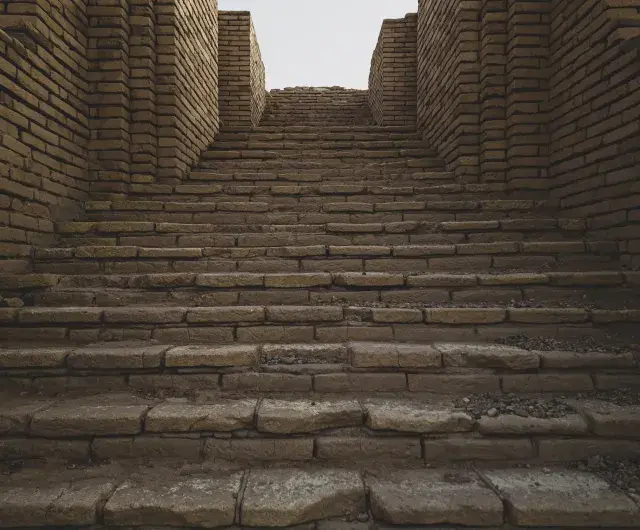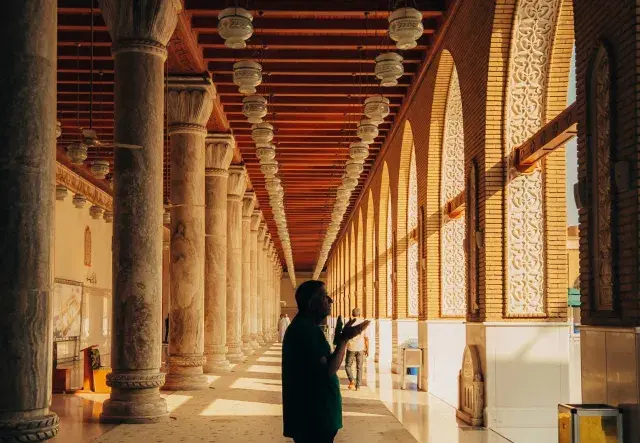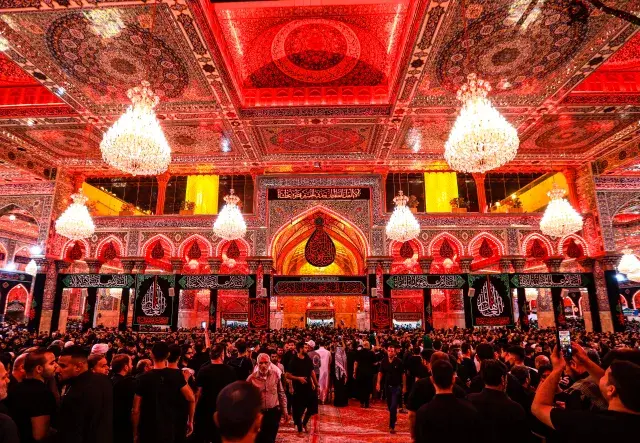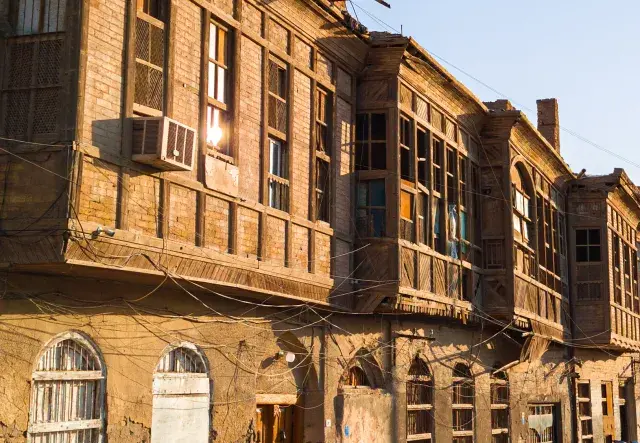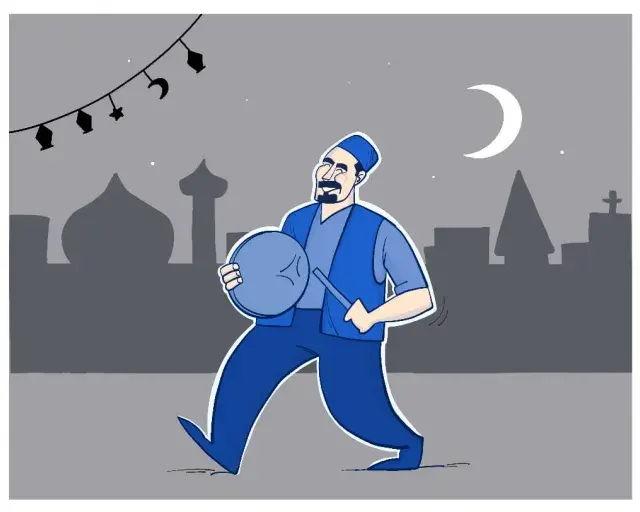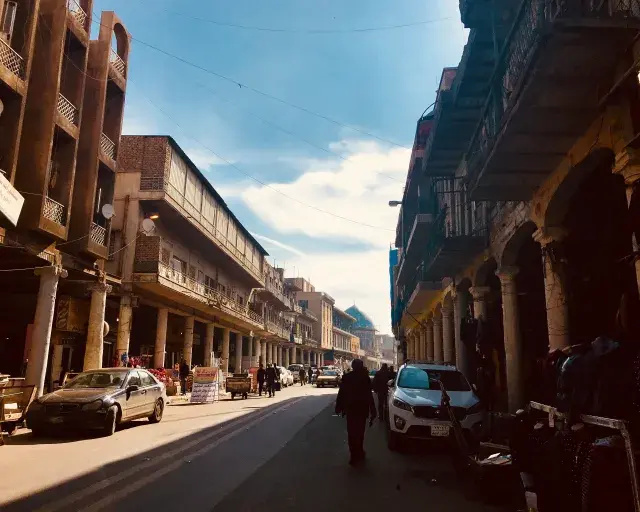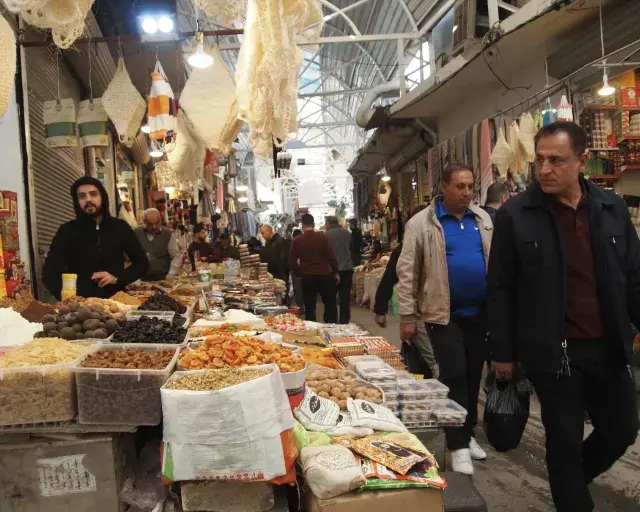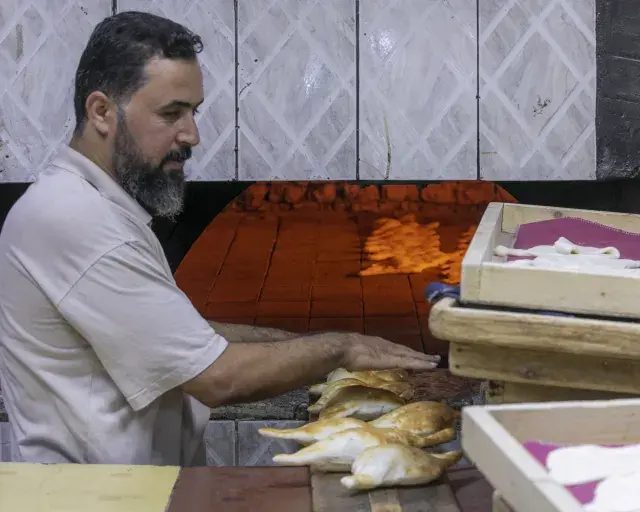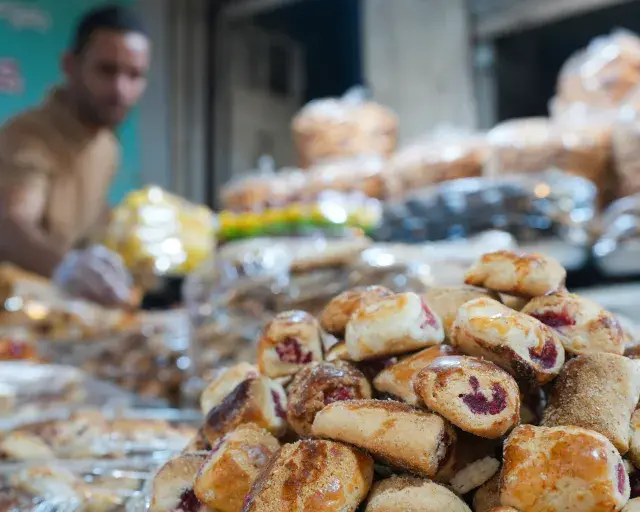Iraqi heritage is one of the great cultural treasures of the MENA region. It's like a map of ancient civilizations, from the Sumerians, Akadian, Babylonian, and Assyrians. These civilizations left a visible mark on Iraq's culture and identity.
Unfortunately, preserving Iraqi heritage has become very challenging in recent times. Wars, conflicts, political and economic instability, and a lack of government and financial support have led to the destruction of historical sites and the illegal trading of priceless artefacts. The Gulf War in 1990, the Iraq War in 2003, and the rise of the Islamic State in 2014 all caused significant damage to heritage sites and the theft of valuable artifacts.
